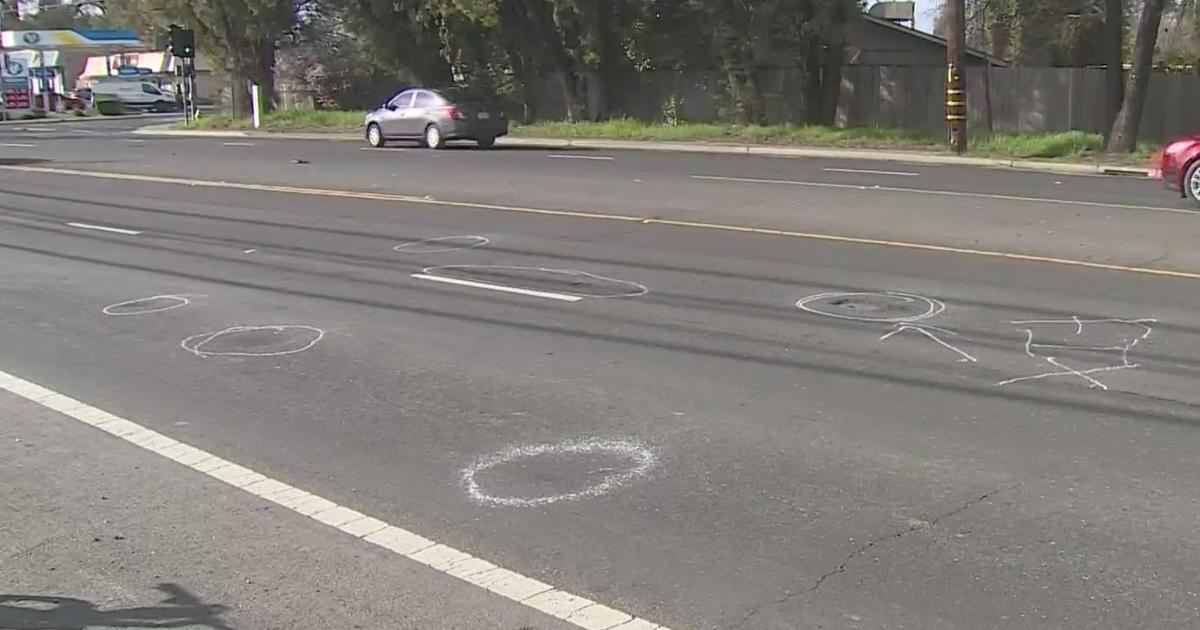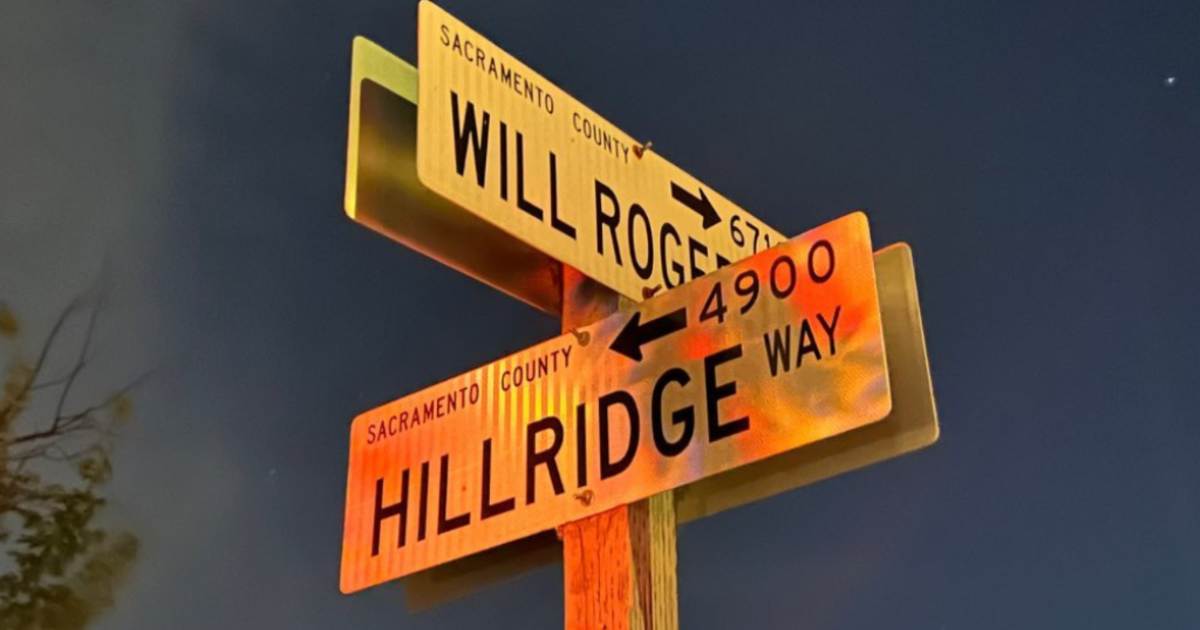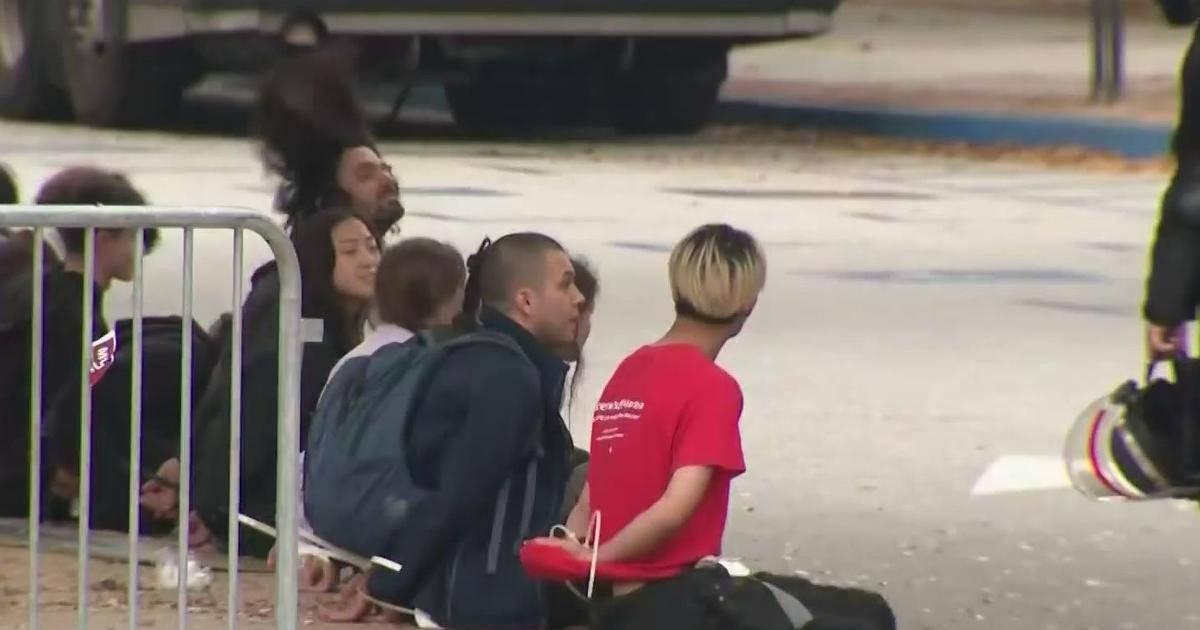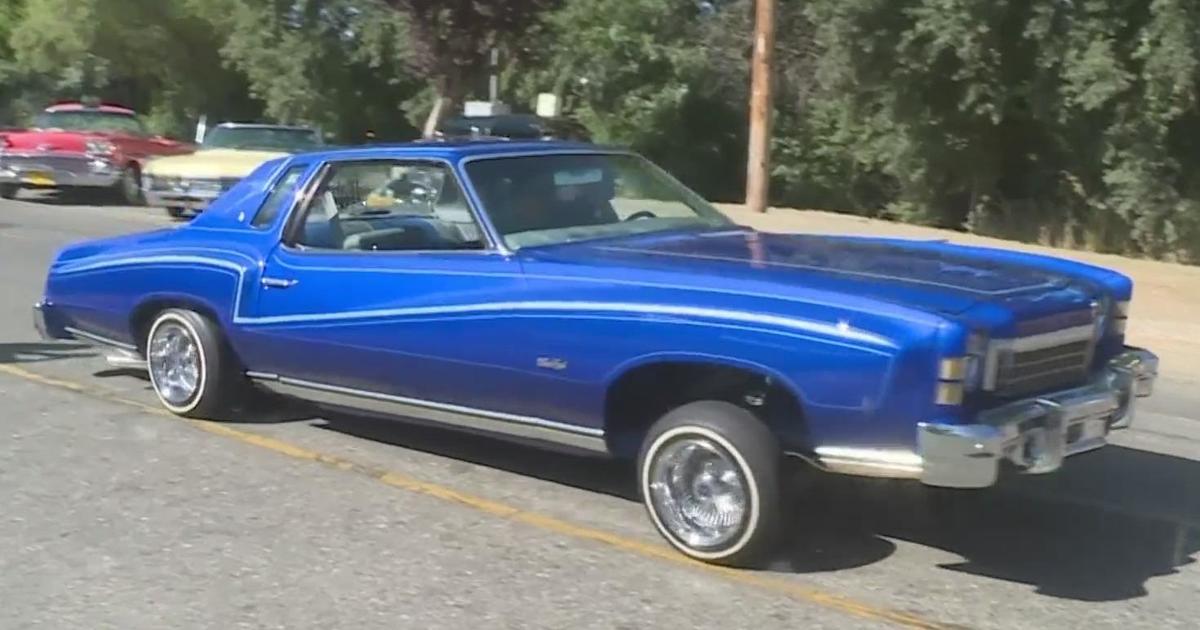California Will Not Allow Distribution Of Coronavirus Vaccines Without State Approval
SACRAMENTO, Calif. (AP/CBS13) — California won't allow any distribution of new coronavirus vaccines in the nation's most populous state until it is reviewed by the state's own panel of experts, Gov. Gavin Newsom said Monday.
In a press conference Monday, Newsom said vaccinations for the pandemic "will move at the speed of trust," and the state wants its own independent review no matter who wins the presidential election next month.
"Of course we won't take anyone's word for it," Newsom said as he named 11 doctors and scientists to review any rollout of vaccines by the federal government or vaccine developers. They hail from top California top universities and medical providers, along with state and local public health officials.
The pledge raises the possibility that California residents might not receive a vaccine as distribution begins in other states, though the governor said widespread vaccinations are unrealistic until sometime next year.
Last month, New York Gov. Andrew Cuomo created a similar independent task force.
Newsom said, at most, 45 million doses of the vaccine will be available nationwide before the end of the year. Additionally, each person has to receive two doses, three weeks apart.
More from CBS Sacramento:
Stimulus Package Update: Is Time Running Out On A Possible Second Stimulus Check?
After Release From Jail, Suspect In Wild Semi Chase Struck And Killed Along Fresno Freeway
Community Rallies To Bring Rancho Cordova Home Depot Kitty Back Home
If California were to receive 12% of the doses, commensurate with its percentage of the nation's population, that would be 5.4 million doses, or enough to treat 2.7 million of the state's nearly 40 million residents.
Doses would first go to front-line medical workers, he said, then to the most vulnerable Californians.
But the distribution and record-keeping logistics alone are massive, he said, including a requirement that the vaccines be kept in continuous cold storage until they are administered.
One of the two leading vaccines requires "ultra cold" storage — think dry ice — of minus 70 Celsius, or minus 158 degrees Fahrenheit. The other needs a minus 20 Celsius, or 68 degrees Fahrenheit below zero.
"They need to be stored in an extraordinarily challenging environment," Newsom said, though the state has done so before with other medications. But he said that's why the state needs an expert panel that understands the "panoply of issues that will be required to ultimately advance this effort."
California last week gave the federal Centers for Disease Control and Prevention its early plans for how it would handle and distribute the vaccine, and in return received nearly $29 million to continue its planning efforts.
California is one of five jurisdictions doing what Newsom called "micro-planning" for mass distributions, which he predicted could come as soon as next spring, is more likely next summer, but could be as late as next fall.



